Metaverse is a 3D virtual world in which people can connect without any physical restrictions. Neal Stephenson first defined this concept in his novel Snow Crash in 1992. It is known to be the next iteration of the internet, popularly called web 3.0.
The first metaverse CitySpace existed between 1993-1996. Several metaverses have since emerged, including Active Worlds and There. The most popular was Second Life (SL), developed by Linden Lab in 2003. SL enabled game enthusiasts to access web-based VWs. Socializing, purchasing real estate, playing, and even completing college education with avatars were all parts of this world.
What is metaverse
It is the result of mixing augmented reality (AR) and virtual reality (VR). AR adds digital elements to the physical surroundings. It enriches the physical atmosphere with visuals, sounds, touch, and many other qualities. VR, however, is an entirely digital experience that allows users to transform anything virtually. This hypothetical universe will let people experience multidimensional full-scale digital reality. It has numerous applications in medical, tourism, e-commerce, retail, gaming, finance, etc. The Ariana Granade concert was a visually appealing metaverse experience.
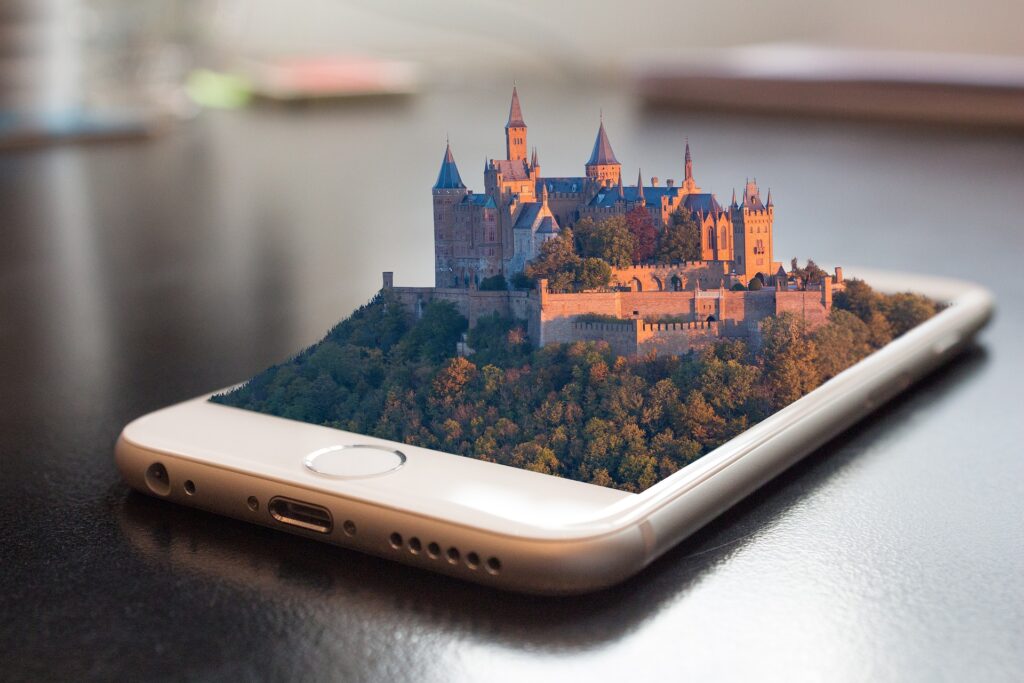
Impact of metaverse
Businesses
Businesses will create spaces to display their products and let the customers experience them. Products will include varieties of gaming, retail stores, shoes, clothes, etc. A genuine feel in real-time will boost the growth of every business. COVID-19 has already shown the potential of the online market; thus, the opportunities for metaverse spaces are infinite. There are a few vital things involved in operating a business on this platform:
- Having a strong digital presence
- Mastering the art of creating 2D models (app development)
- Focusing on end-users and strategizing accordingly
- Enriching the real-life experience with a real feel
- Using virtual currency called cryptocurrency
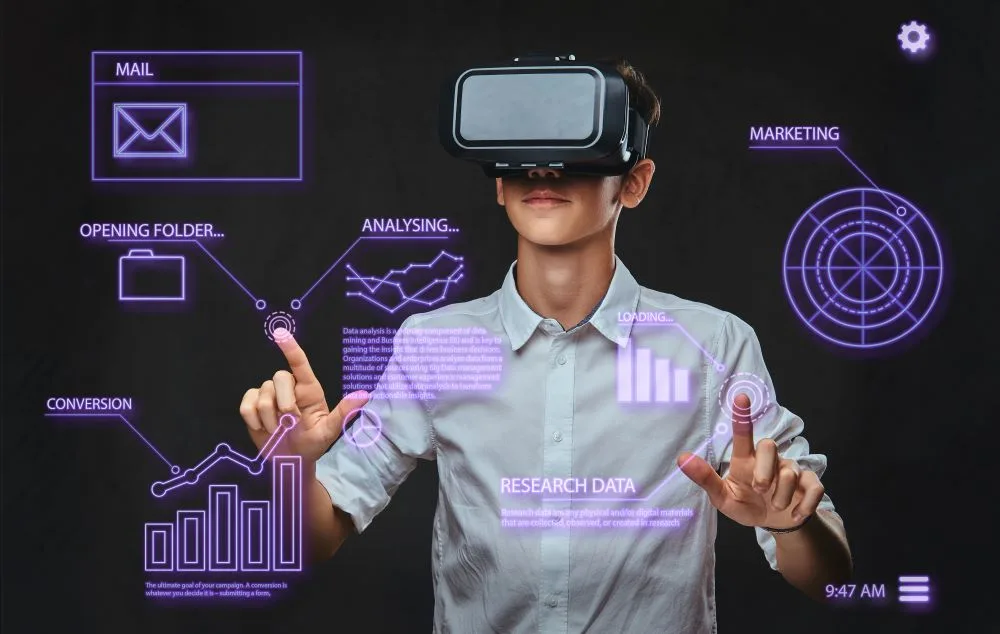
According to the reports, the global metaverse was worth 50.69 billion USD in 2021 and is expected to reach 1.3 trillion by 2030.
If you want to learn about creating a business model, read our article about the top 3 business models to watch out for.
Tourism
The idea of visiting and experiencing distant spaces seems too far-fetched. But the metaverse has the potential to make it happen! People can virtually travel across continents, countries, forests, famous monuments, oceans, and many things. Even if we are visiting the places, in reality, accommodation decisions can be made with the metaverse. The hotel industry is planning to offer 360° virtual tours of the hotel rooms and their surrounding areas. It will boost its revenue considerably. To make all this happen, AR and VR gadgets should be more affordable and widely available. It should be engaging and accessible to all the end-users for complete adoption.

Entertainment
Entertainment such as video games, concerts, theme parks, etc., can be experienced digitally, thanks to the dynamic features of the metaverse. Some popular metaverse games include Axis infinity, The Sandbox, Star Atlas, and Roblox.
An immersive concert experience such as ABBA Voyage in London highlights the ways in which technology can enhance the whole experience. They used artificial intelligence to make the singers appear younger onstage who are in their seventies. Justine Bieber, Marshmello, Travis Scott, and Ariana Granade are a few major artists who have performed in virtual concerts. Universal Studios are planning to bring in an augmented reality ride inspired by Mario Kart from Japan that merges virtual characters with objects. Additionally, Walt Disney will open a theme park within a few years.
The global fashion event is likely to be held on the metaverse platform.

Refer to our article 8 interesting facts about the gaming industry if you are a game enthusiast.
Education
Metaverse in education is supposed to be the next big thing! Individuals can interact with industry experts anywhere in the world and get a feel of real business dealings from the comfort of their homes. Also, medical students can observe surgeries conducted by expert surgeons and learn from them. Students of science can experience a Mars visit through virtual space centers! People can even study the particles of any organism or revive any historic instant. Many virtual worlds offer education-based virtual spaces including Second Life, Kaneva, Cybertown, and Active Worlds. The Virtual University of Edinburgh is an institute that aims to bring together minds fascinated with the virtual worlds for analysis and study.
Medical
Doctors and health specialists will have an easier and more efficient time consulting thanks to advances in human-computer interfaces, virtual reality, and the metaverse. Here, almost any doctor across the globe can be contacted from any hospital unit. The use of communication systems such as smart dust allows doctors to install sensors into their patients’ bodies and diagnose and treat their illnesses intuitively. This eliminates the need for complex operations. A virtual healthcare assistant will also remind patients about meds and exercises prescribed by the doctor. The latest reports say that the metaverse healthcare market is estimated to reach $ 5373 million by 2030.
Economies
There is an interconnected crypto cloud economy built on top of the web 3.0 metaverse. Decentralized protocols sustain the virtual economy and supply the technical infrastructure.
- NFT goods: NFT (non-fungible token) is a blockchain mark representing the authority over the product (songs, photos, paintings, etc.). NFTs are unique and cannot be forged in any way. These can be purchased from creators and brought to other virtual worlds for exhibition or selling.
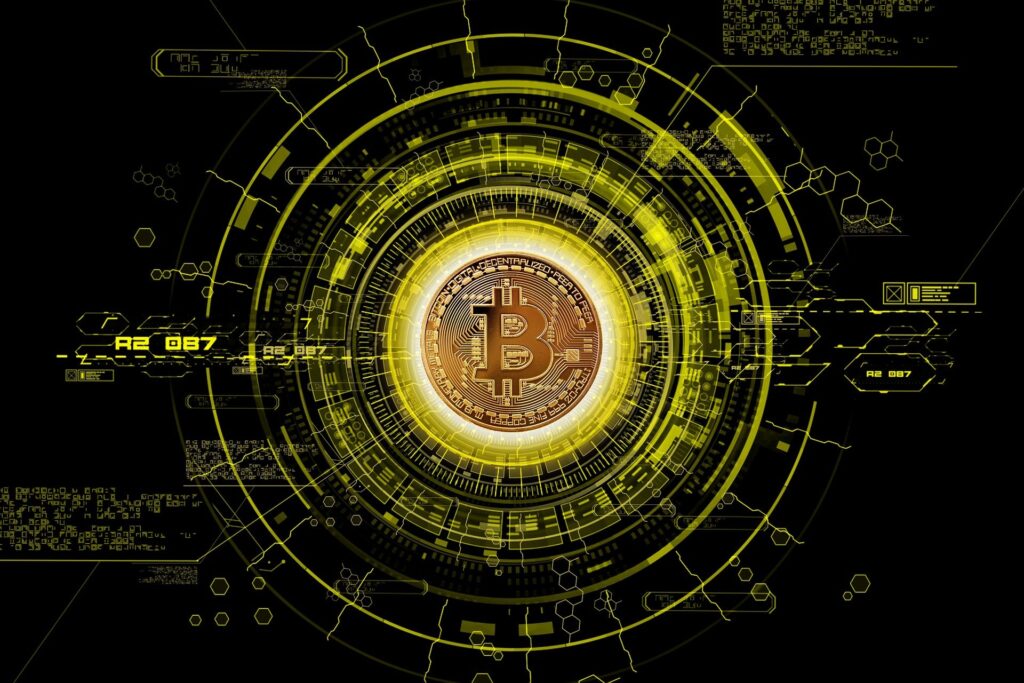
- Decentralized finances: Users can trade in-game items on decentralized exchanges and can also borrow against their virtual land. In-game items are points that enhance a character or improve a player’s venture in a virtual world.
- Networks to process payments: Metaverses can use their own currency, like MANA, or other currencies like Solana or Ethereum.
- Decentralized cloud: Filecoin allows data storage for a decentralized device. Moreover, services like Livepeer offer a decentralized video transcoding infrastructure.
The Metaverse is a multidimensional universe that goes beyond our understanding. As this vision evolves, our social relations, business transactions, and the internet economy will be transformed. Crypto networks now have endless possibilities thanks to the metaverse, which is progressing.
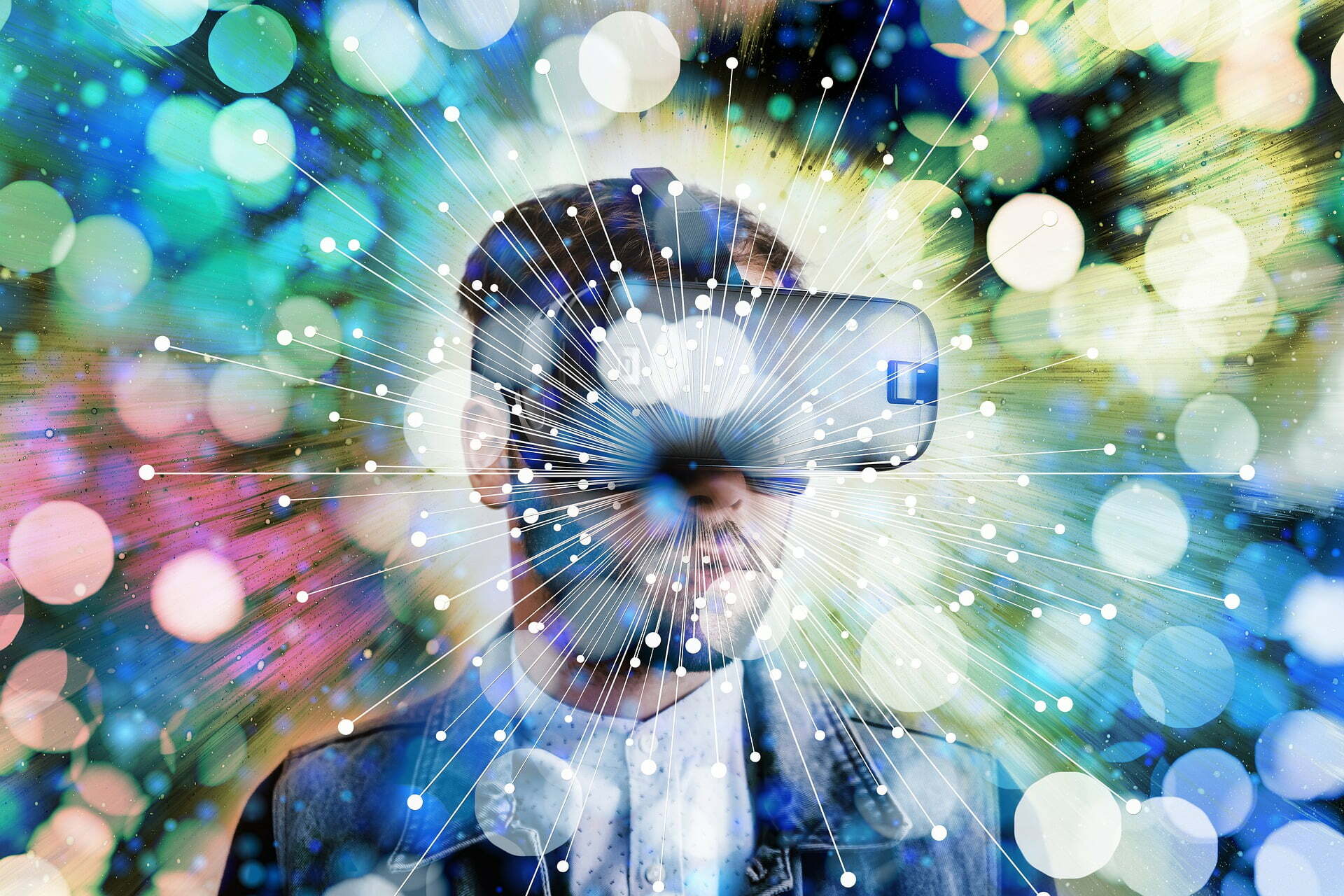


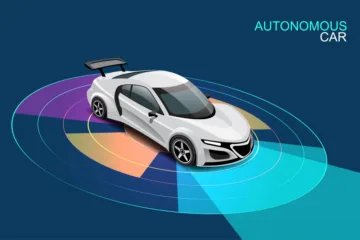
[…] are growing at a fast pace. When AR and VR encounter, they form a mixed reality (MR) or metaverse. With MR, users enter into a virtual zone that takes information from the physical […]
[…] reality) and VR (virtual reality) headsets will be the key contributors to such massive growth. Metaverse will also be a critical benefactor to […]
[…] we have explained the difference and correlation between augmented, virtual, and mixed reality (metaverse). Now, we will look at some interesting facts about […]
[…] is an immersive experience operating with trillion users. Technologies like metaverse, AI, etc., will allow people to experience 3D portals, customized avatars, and a multi-user virtual […]